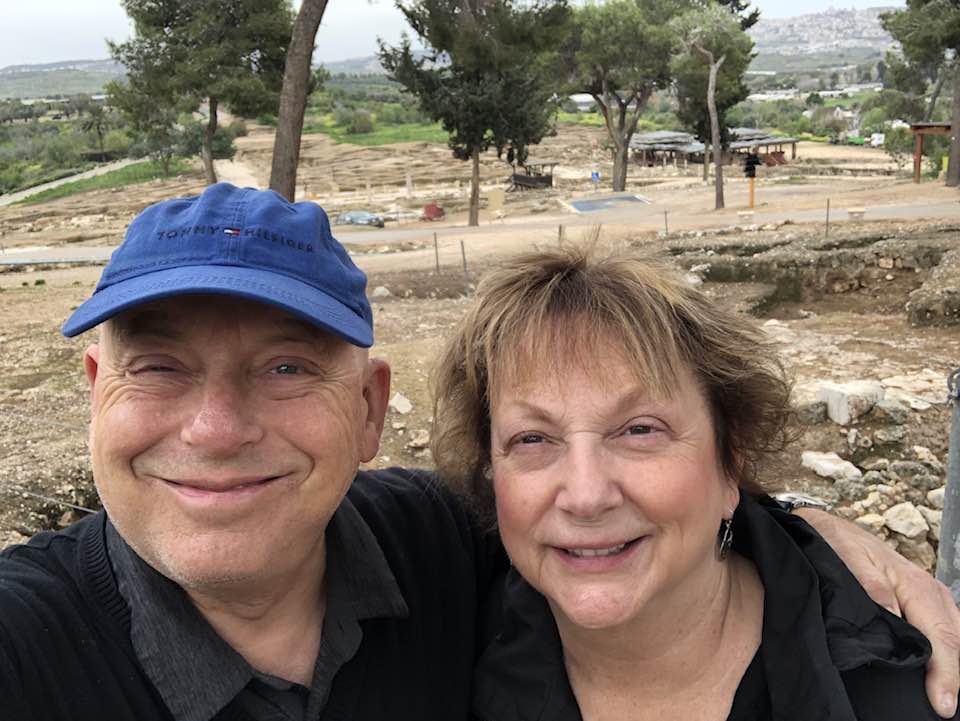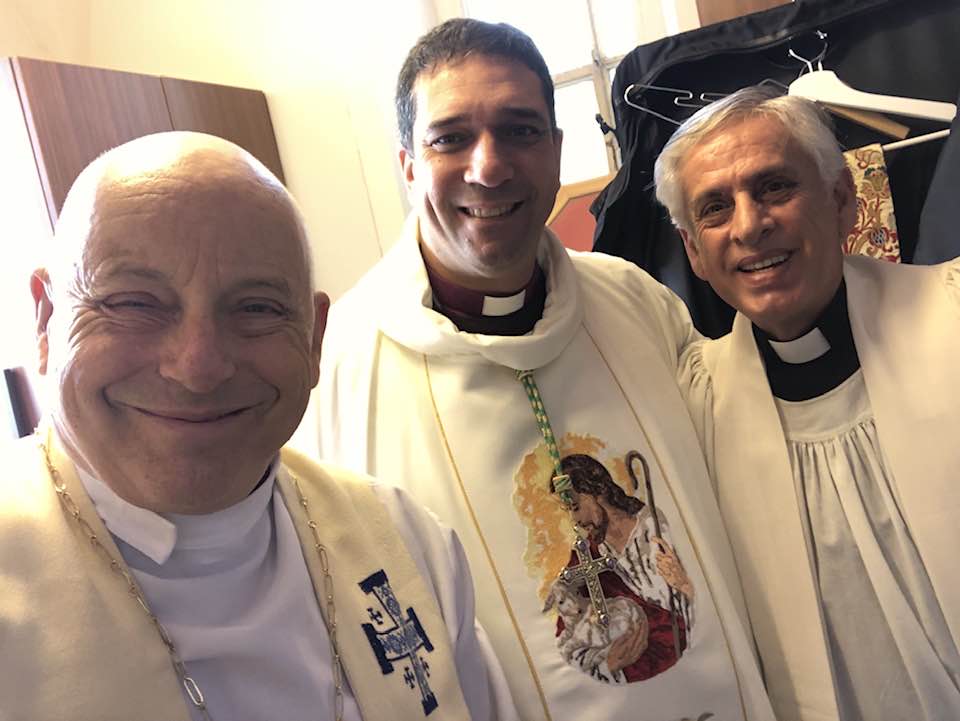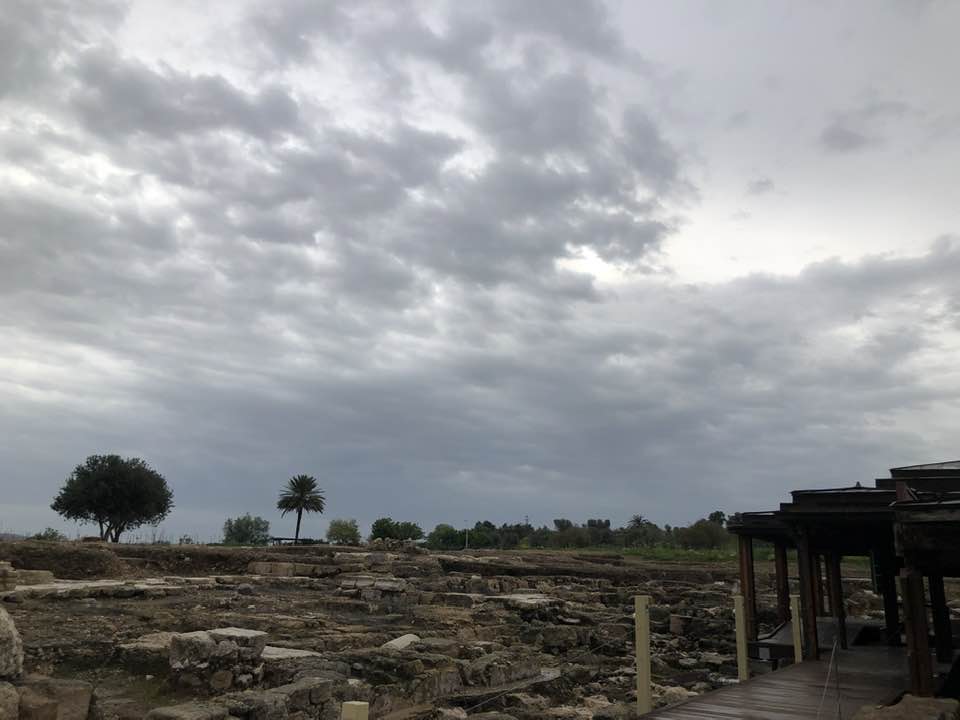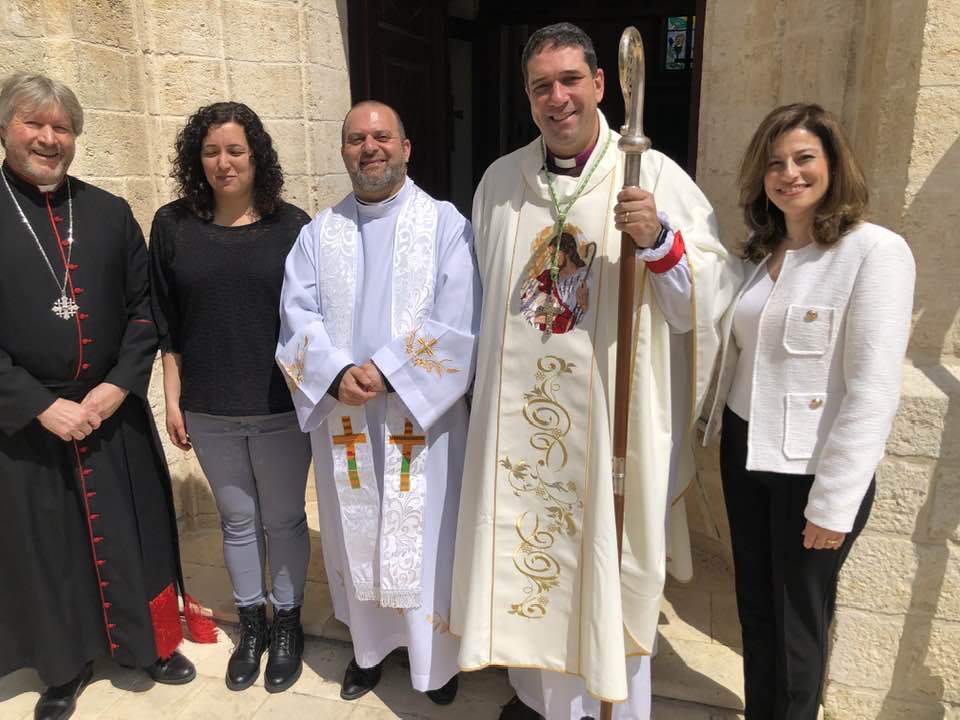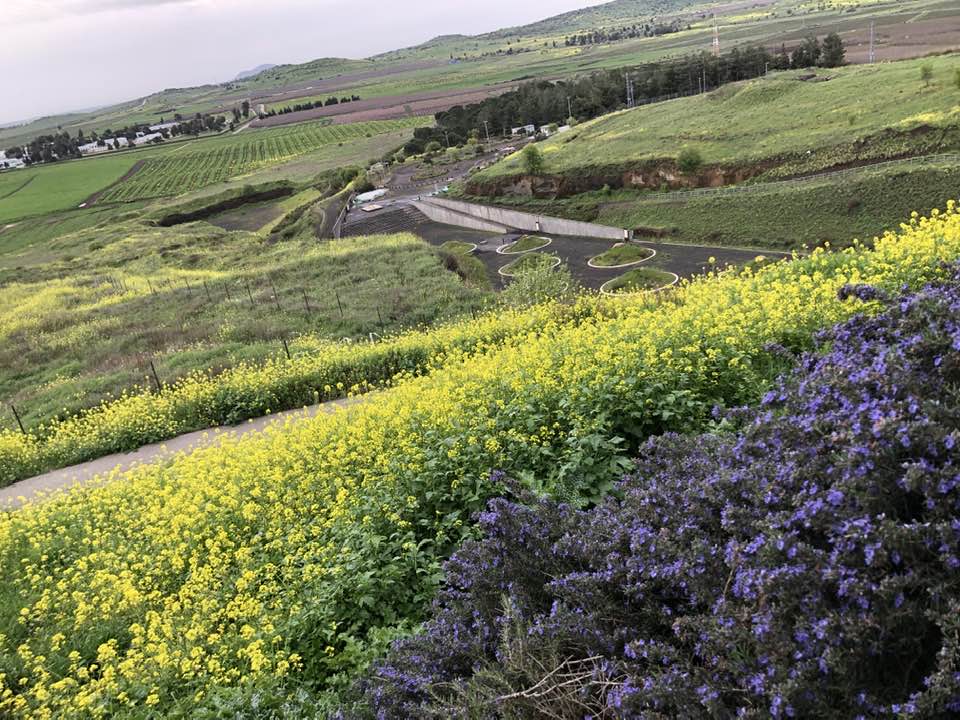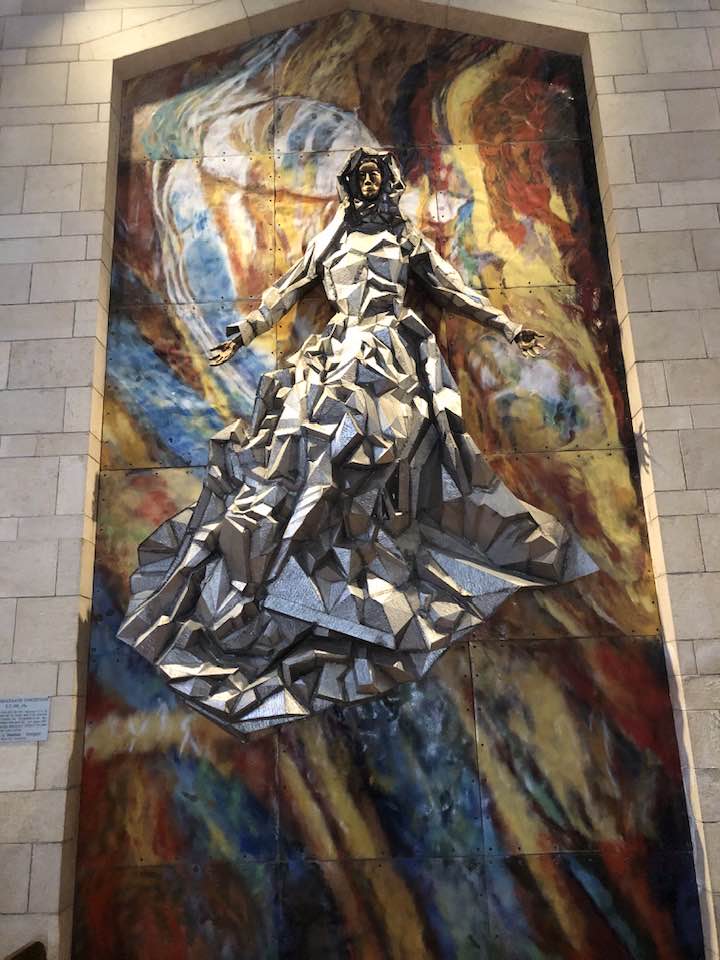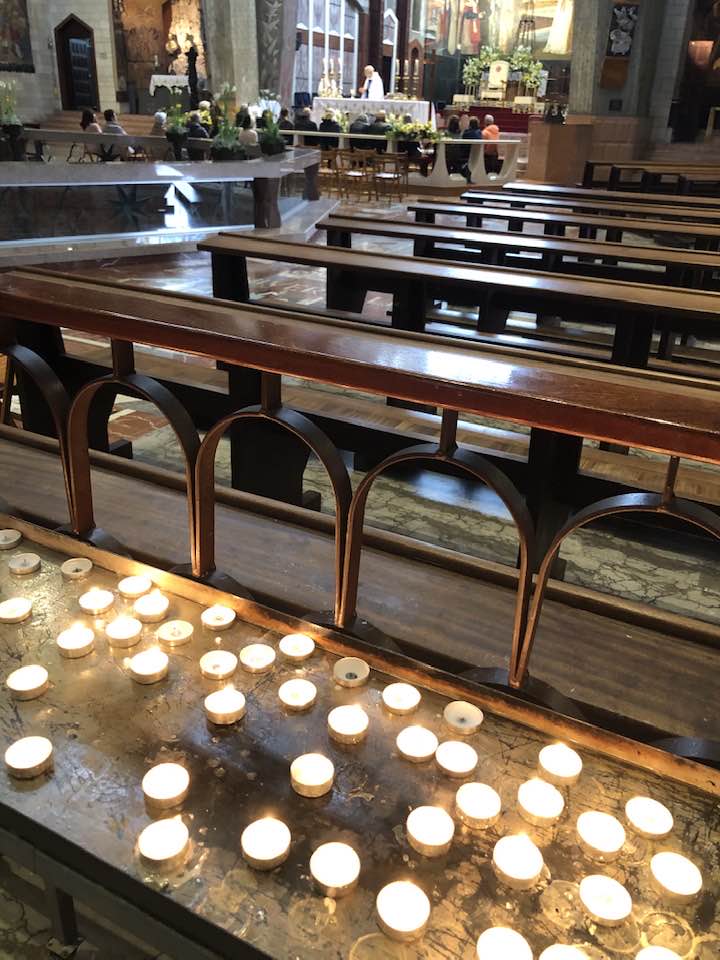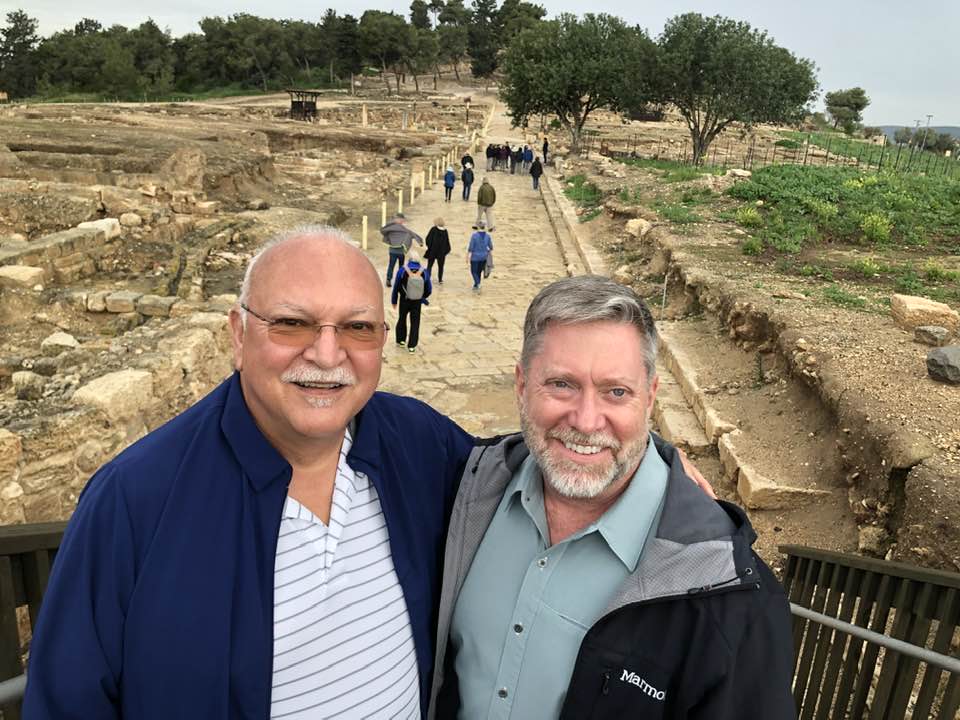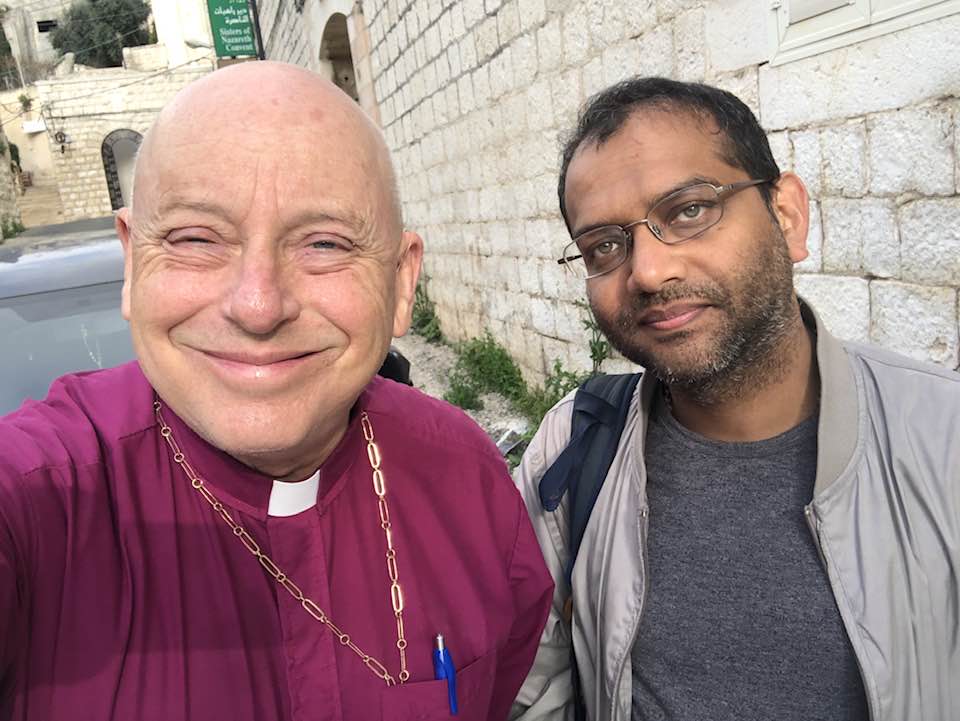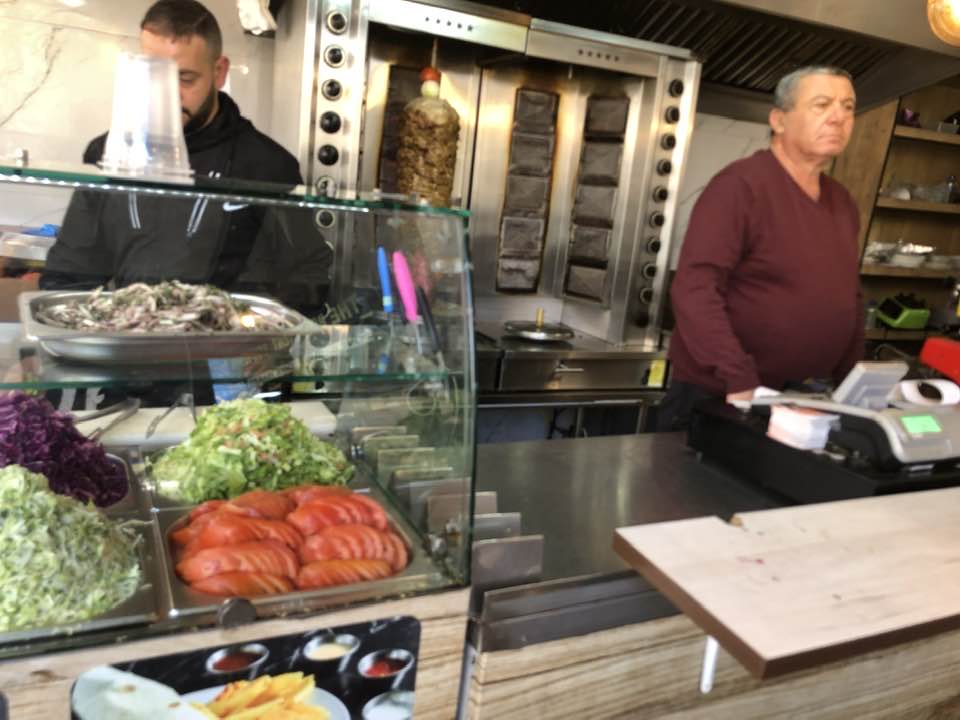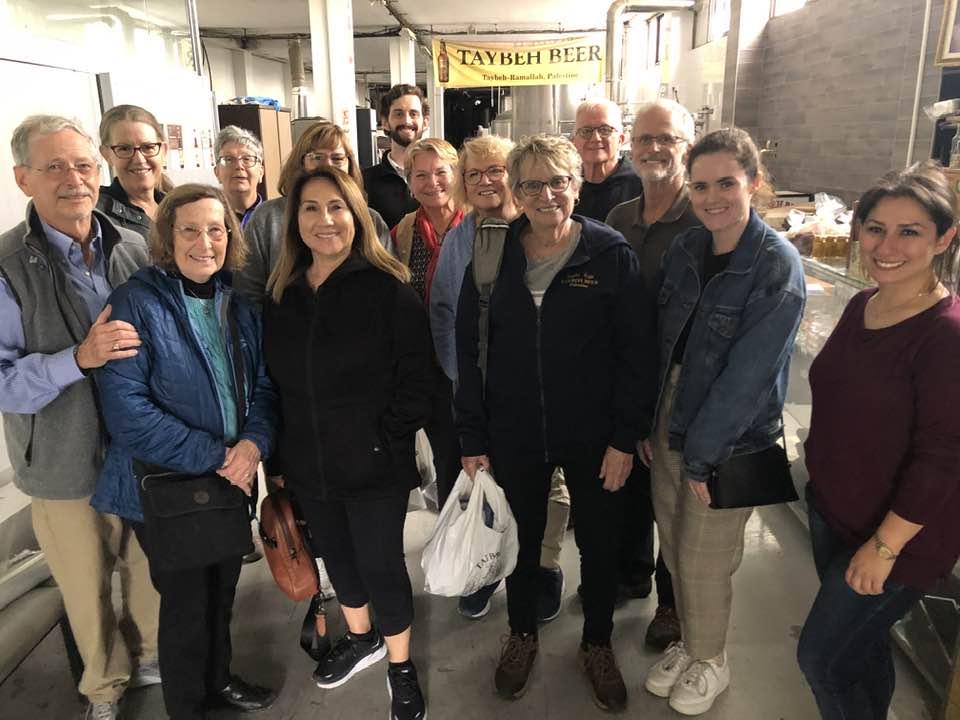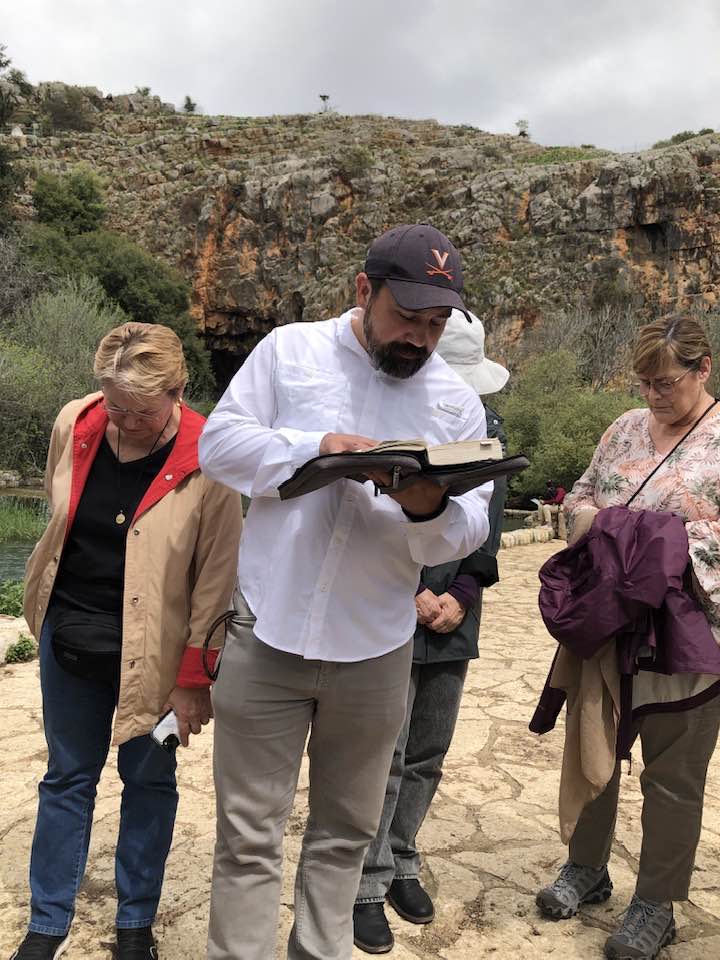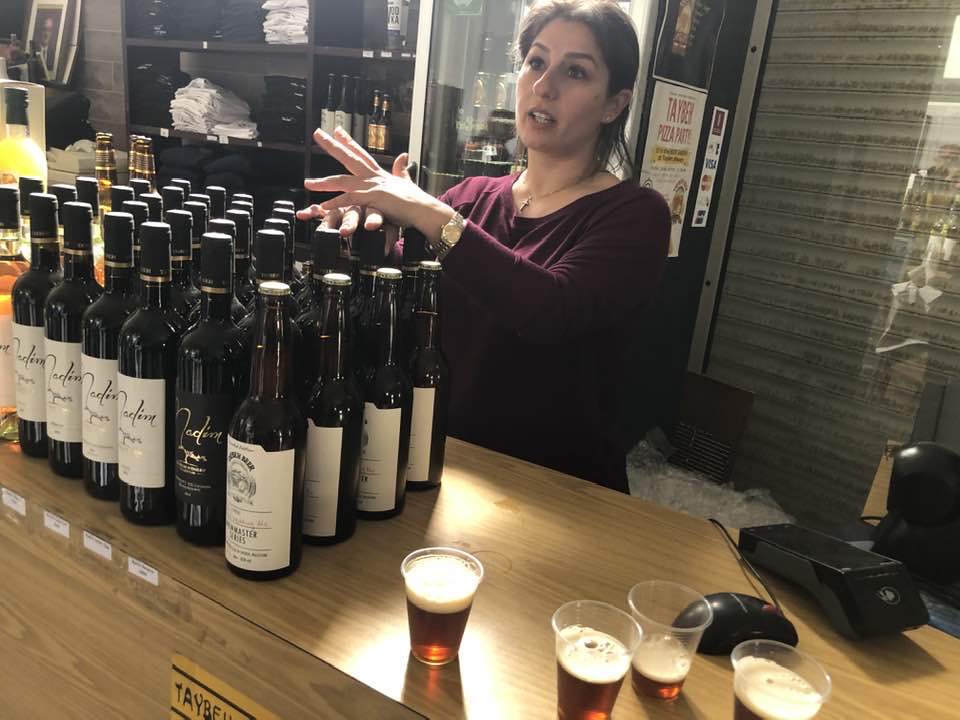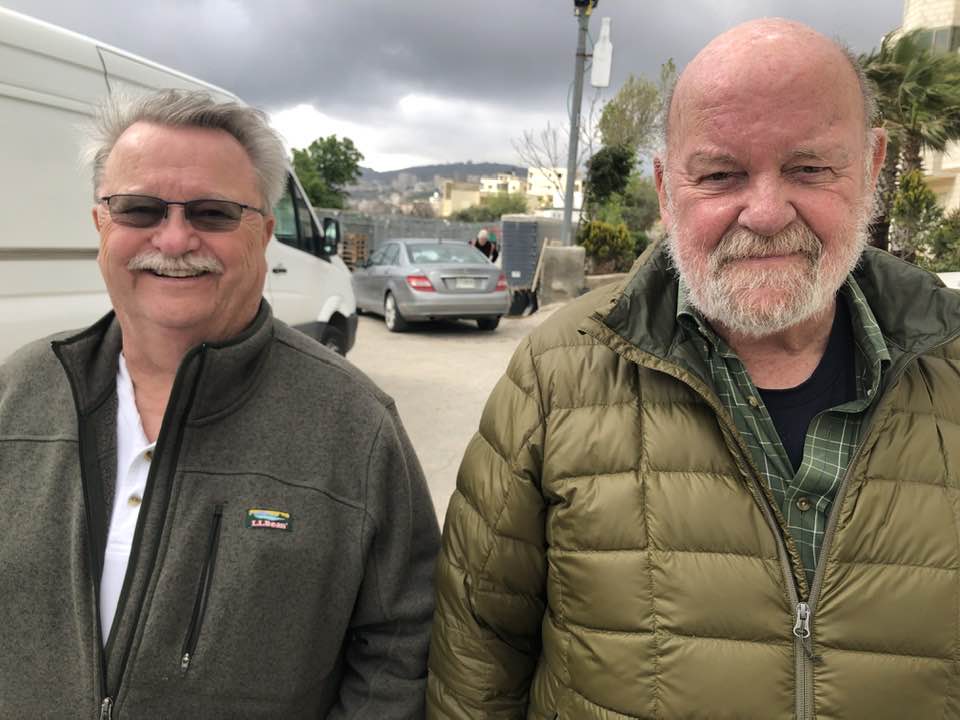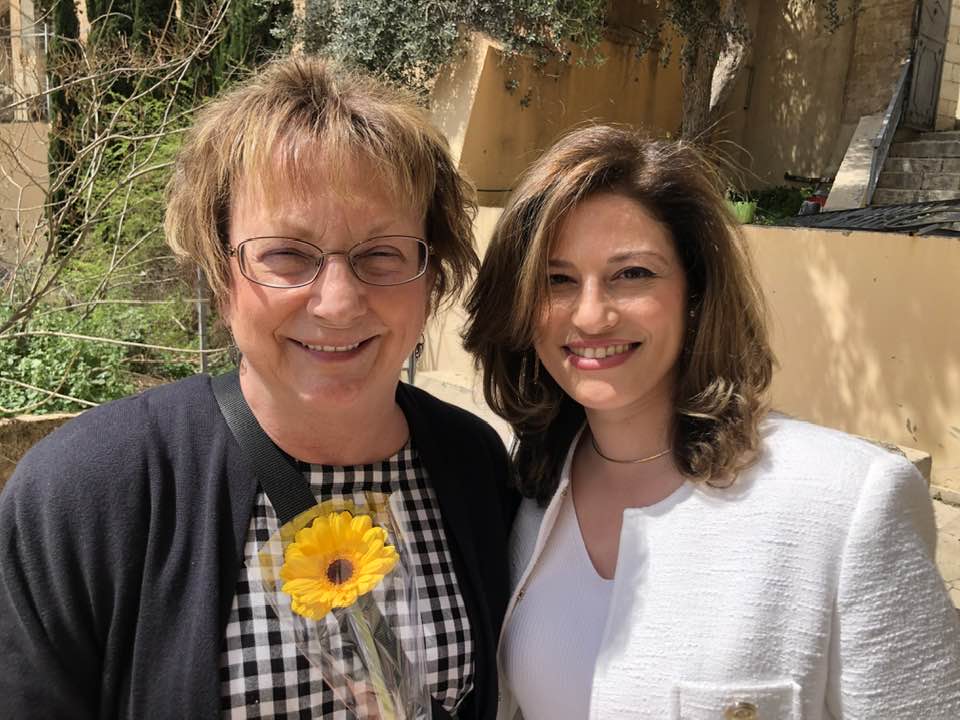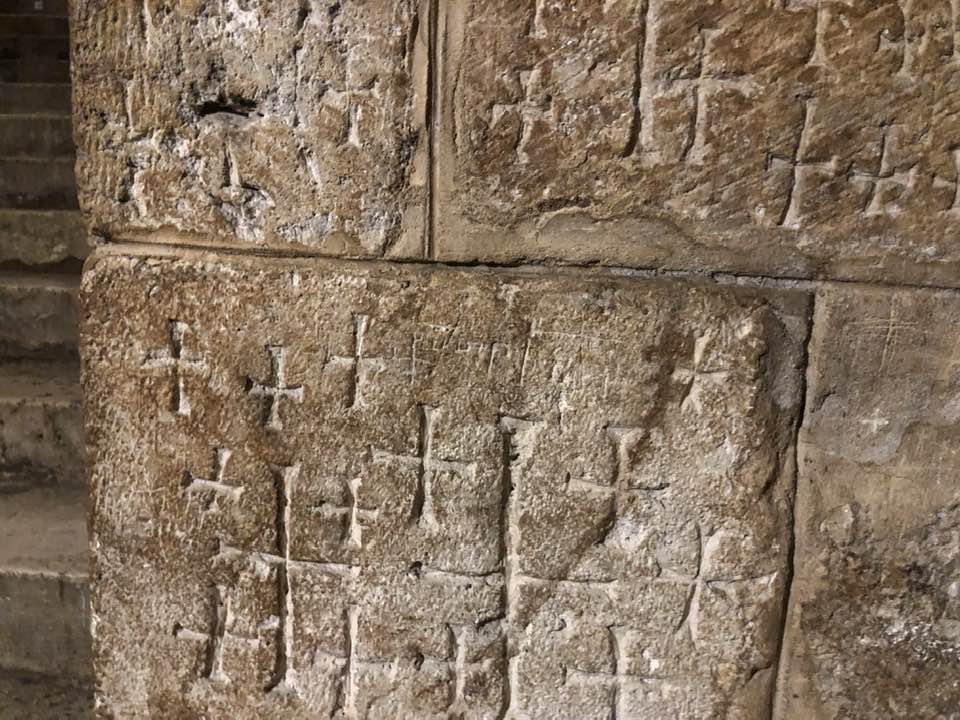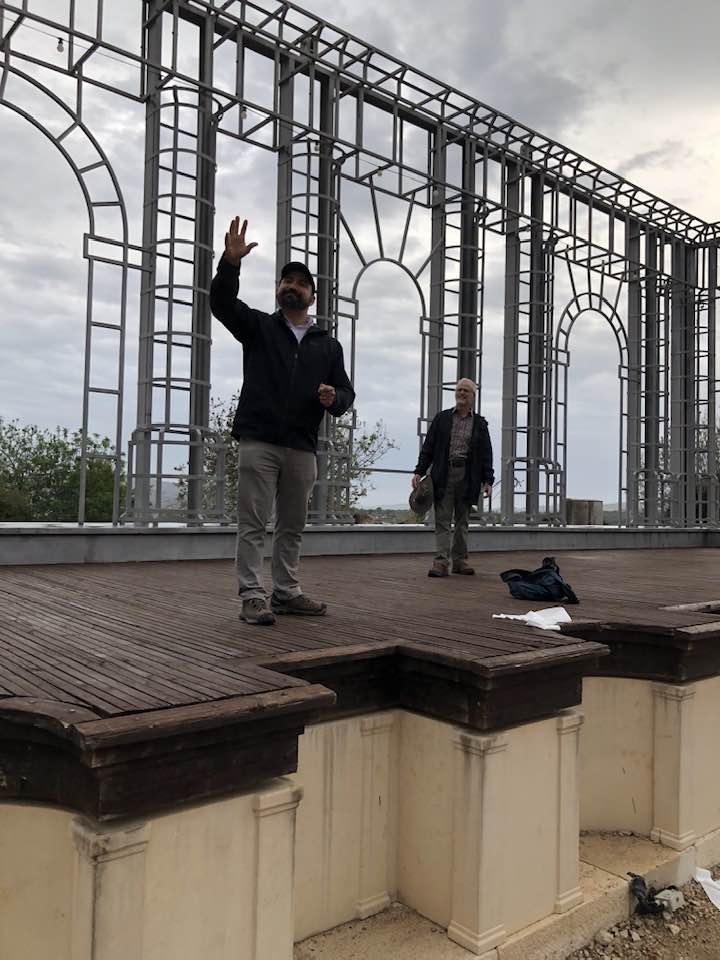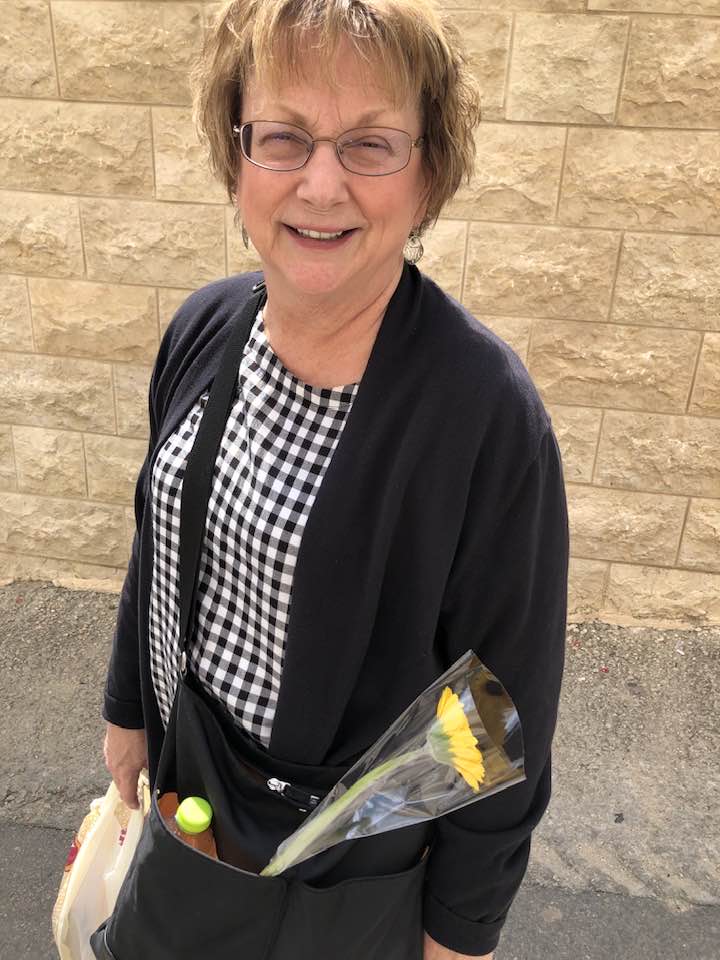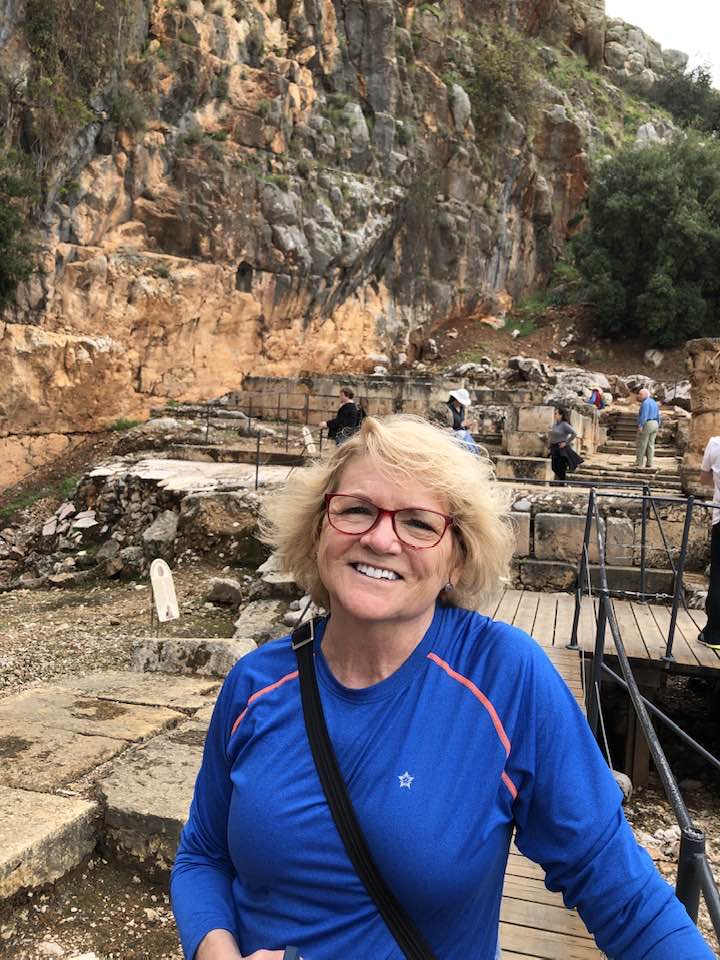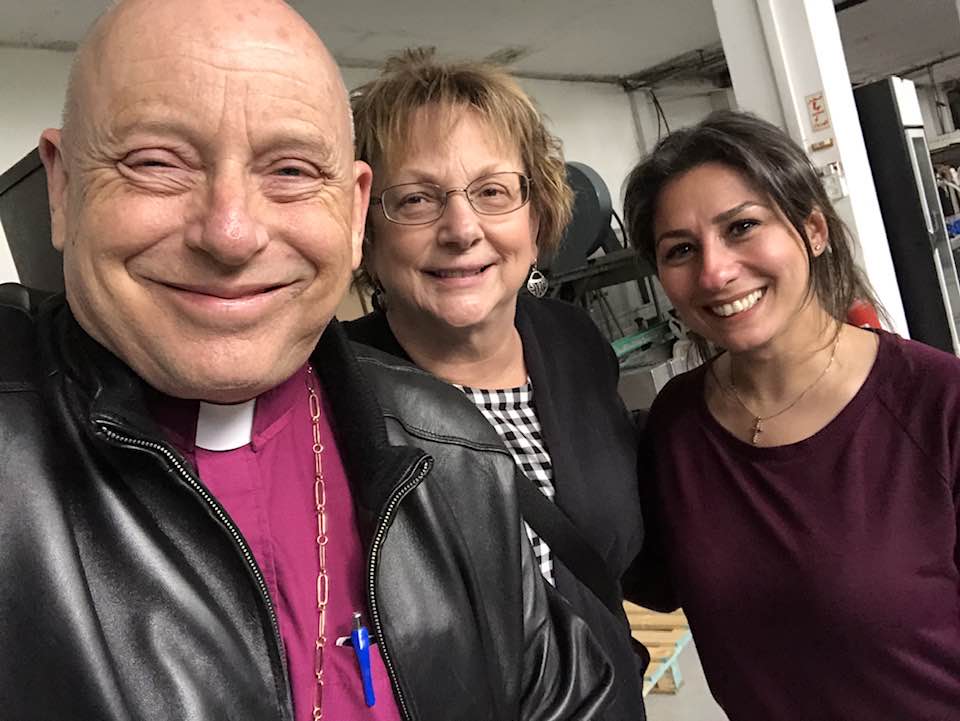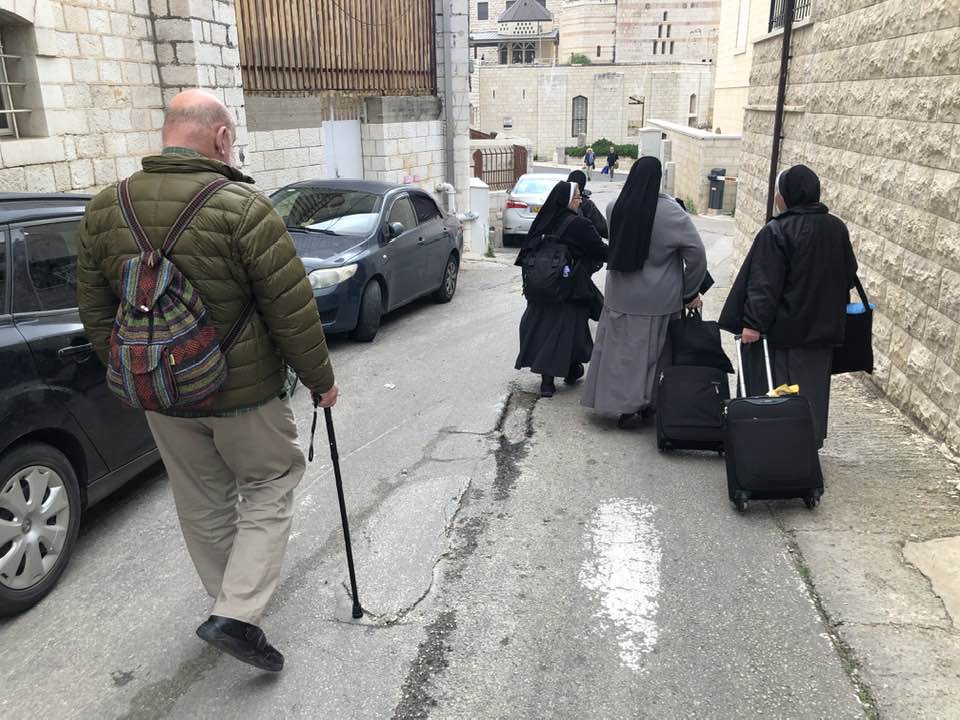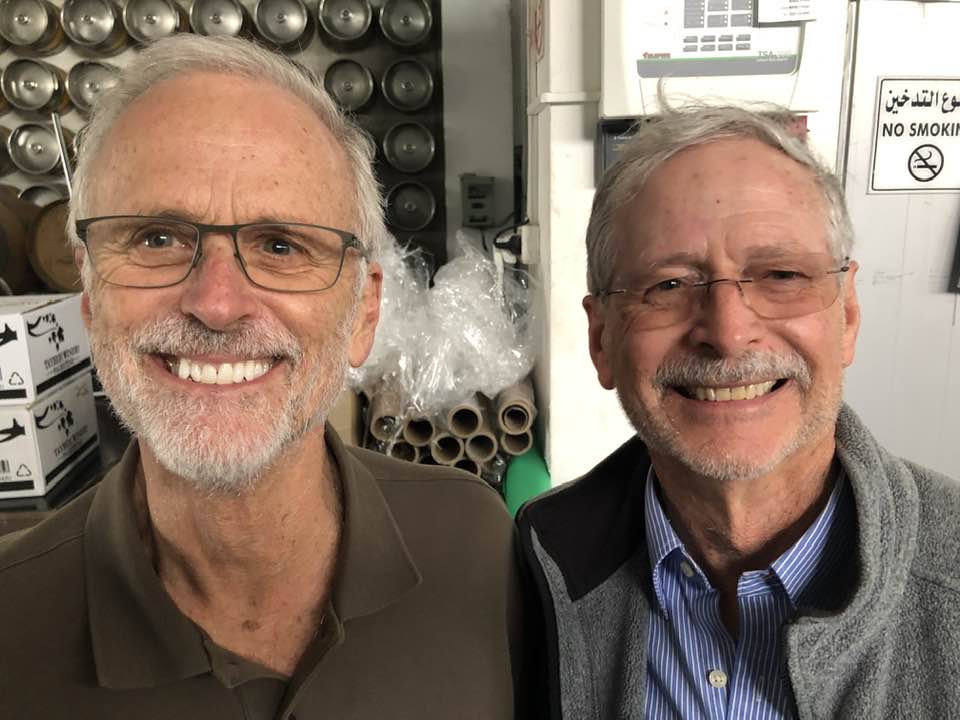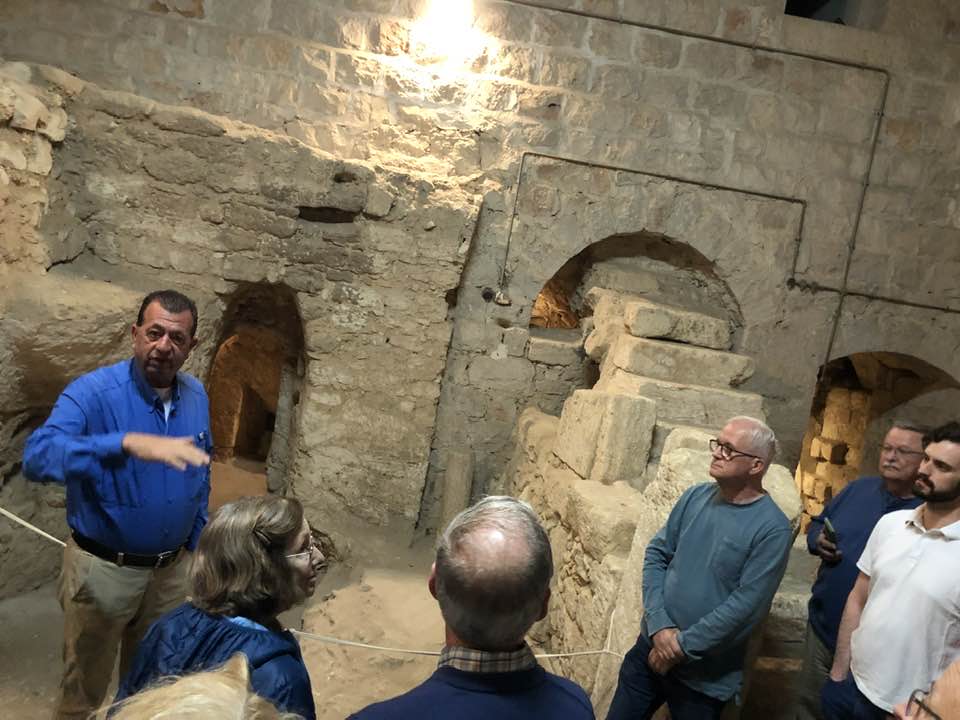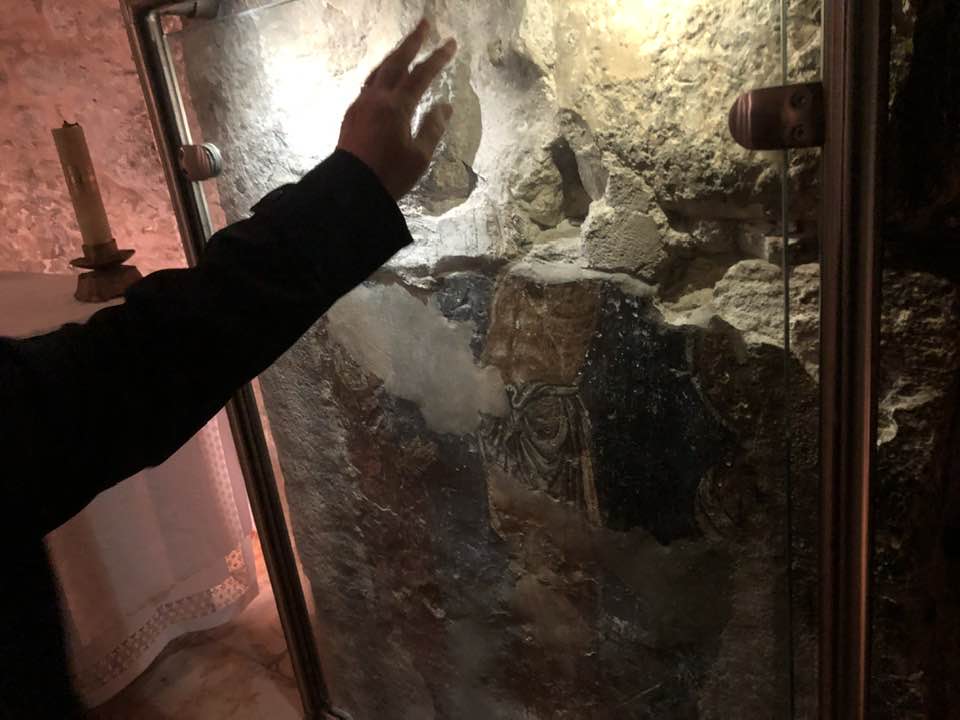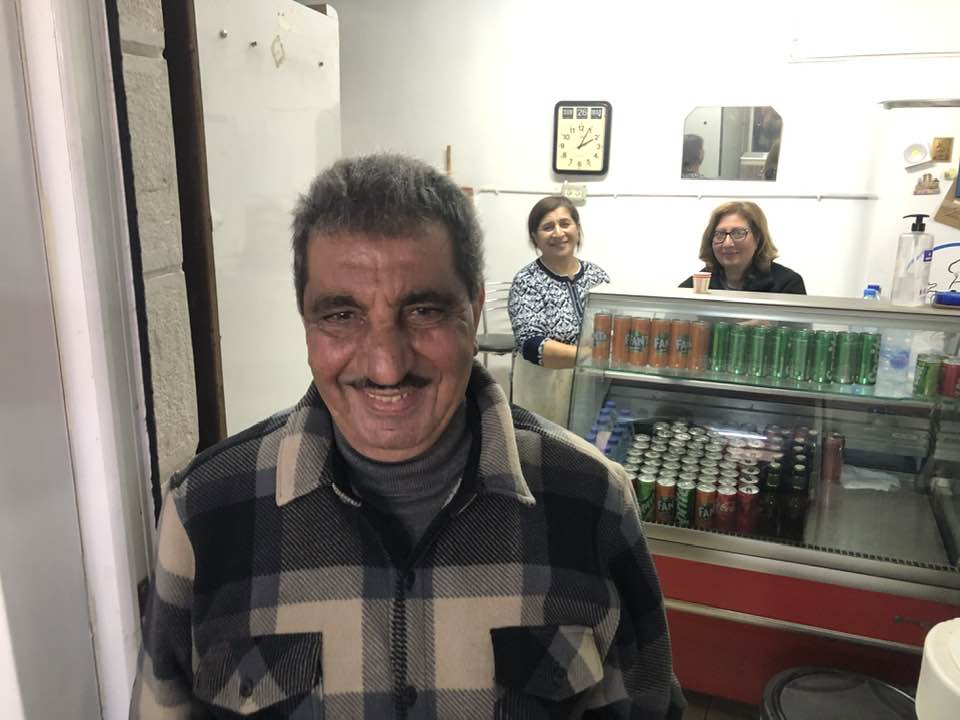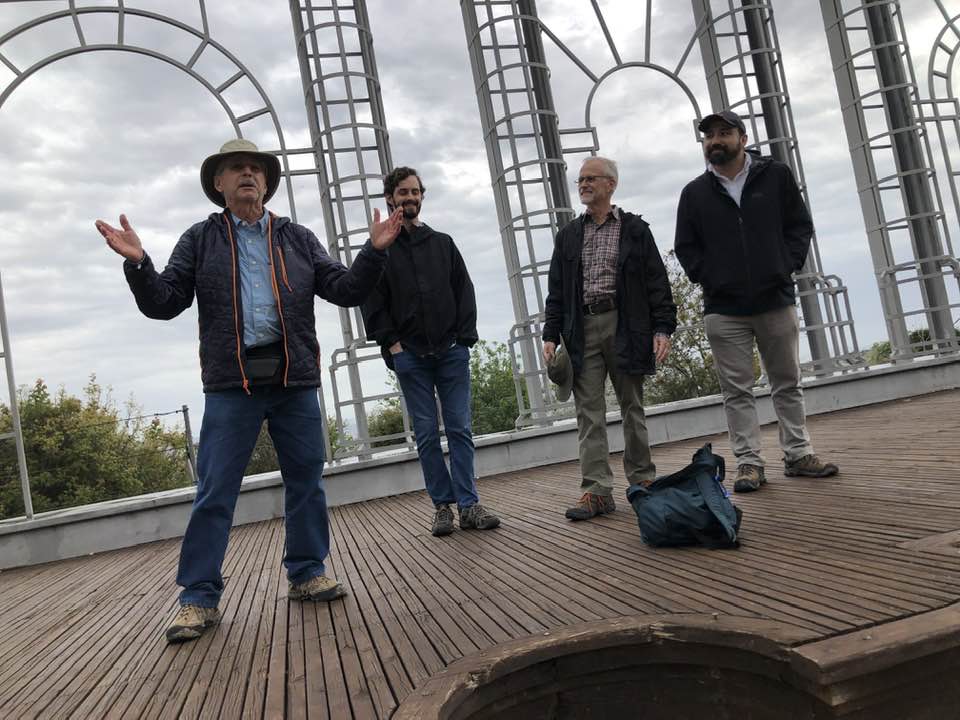
We are on pilgrimage in a nation in agony, gripped by the crisis of Israel’s right-wing government’s attempt to take over the judiciary.
Agony is not a new experience for Palestinian Arabs living in occupied territory since 1967. But by and large Israel has managed to put a good face on, to deflect feelings of shame, even to brag that it is the only democracy in the Middle East. Its peace movement, once vibrant, has been quiescent since the second intifada in 2000-03, a spasm of extremist Palestinian terrorism that tore the country’s heart out. Many Israelis and Palestinians work together for peace and the two-state solution, but they’ve lost traction.
Judge not, my fellow Americans, lest we be judged. Think of the fifties in the United States. We had helped win World War II for democracy and felt on top of the world, self-proclaimed paragons of freedom and justice for all, even as millions in the Deep South endured the savageries of Jim Crow, deprived of the fundamental human right of the right to vote. Though the so-called Confederacy was gone, people of African descent were still under armed occupation. It is good to remember this about ourselves when feeling nostalgic about the fifties, in politics and in the church. It is good to remember this when judging Israel.
But now, in the land of the Holy One, illiberality is coming for everyone, as it is always trying to do in human affairs. As it came for our Lord Jesus Christ in Gethsemane and hoisted him on a cross, his killers protected by temple guards and centurions. With no written constitution, Israel’s balance of power is governed by legislation. The new right-wing government, the most extreme ever, wants the Supreme Court under the Knesset’s thumb. Experts debate about whether some adjustments are needed. But the experts known as the majority of Israelis, according to polls and the thunder of their feet in the streets, are saying no to the current extreme proposals.
We can’t hear them from St. George’s Guest House early this Monday morning in east Jerusalem. Please know that we are safe, and we feel safe. Episcopal Diocese of Los Angeles pilgrims are preparing to leave after breakfast for the sacred sites in Bethlehem. Where the angels said fear not. Where the baby was born, come to free creation from sin, come in the name the God of freedom, righteousness, justice, and peace. Come to make everyone safe from the oppressor and tyrant.
All along the way today, as it’s been since we arrived last Tuesday, our guides and hosts are Arab Christians. We worshiped with them yesterday at Christ Church in Nazareth, where I had the privilege of co-celebrating with Archbishop Hosam Naoum رئيس الأساقفة حسام نعوم. Where you were, it was probably the fifth Sunday in Lent. In the home town of the mother of our Lord, the young Palestinian woman who was among the bravest humans ever, it was Annunciation Sunday. Hosam gave every woman in the congregation a flower and preached a gentle, encouraging message of faith, reconciliation, and never abandoning the middle way we Anglicans walk between angry extremes on either side of the road.
Speaking to Hosam as we put on our vestments, I found him hopeful but realistic about political developments. No Israeli Palestinian (such as the archbishop) or vote-deprived West Bank Palestinian has ever lived under a government that put their interests first. They have seen it all — literally everything, from the very beginning, when we’re talking about Christianity.
Because indigenous converts were always here. When Rome tried to obliterate Jewish and Christian sites and religious expression early in the second century, Arab followers of the Way remembered. They remembered the rock where Jesus died and the slab where his body was laid. They remembered Peter’s house in Capernaum and all the places the Holy Family is thought to have lived in Nazareth. They remembered the holy night in Bethlehem. We from Los Angeles can visit these places only because, like Mary Magdalene, another prophet who was sometimes discounted, Arab Christians remembered, they stayed, and they told us the good news.
They have been here all this time, proclaiming God’s promise of freedom and justice, treasuring in their hearts how Mary sang that God would lift up the lowly. May the thunder of feet in Israeli streets be an echo of the song of hope that rang out in the streets of Bethelem, Nazareth, and Jerusalem as our Lord proclaimed the good news. May the spirit of the living God enable Israelis to look beyond their outrage about their rights in this historic moment and at last see the faces of those who have been waiting so, so long and never flagged in their proclamation that the kingdom of God is very, very near if we will just watch and see.
